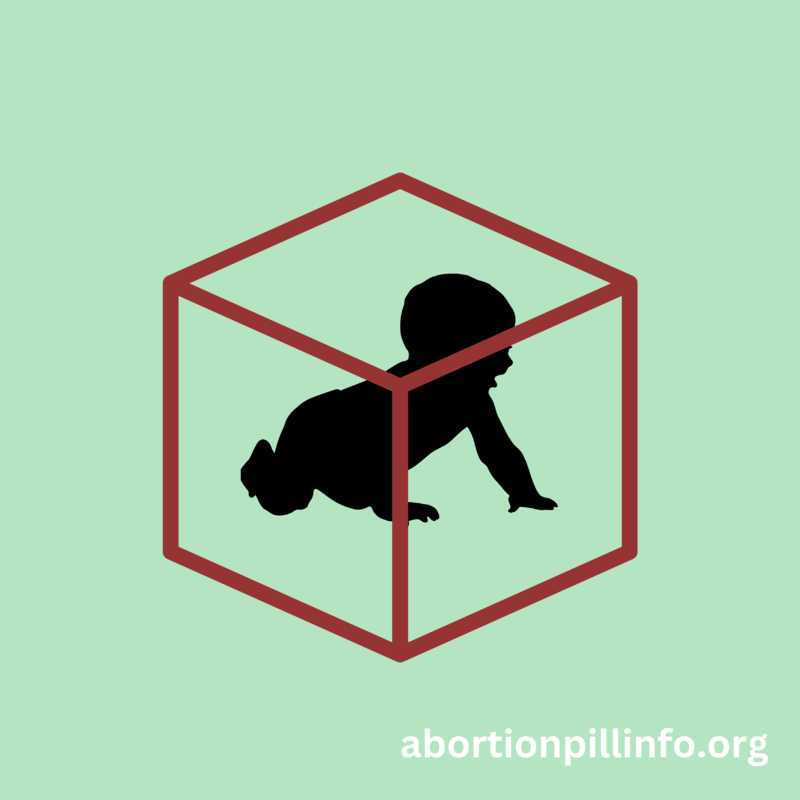Let's Talk about the Safe Haven Baby Box
Sunday, June 18, 2023 블로그 Share
In January of 2023, the baby was placed inside a Safe Haven Baby Box in Ocala, Florida. It's the first baby to be left in a box since a law was passed in 2020 allowing parents to place a baby, up to 7 days old, inside a box that opens from the outside of a building (usually a fire station). Once the baby is inside, the parent receives a packet containing maternal medical advice, and an agency is alerted to the presence of the baby. The whole process of using the box is anonymous.
A total of 145 Safe Haven Boxes have been installed since 2016, and 25 babies placed in them. The advent of the boxes is considered a victory for the anti-choice movement, many of whom see it as an alternative to abortion, which it is not.
When a person has an unwanted pregnancy, the options are abortion or adoption. The question at the heart of the decision: Does the person want to be pregnant? Would they want to carry the pregnancy to term and place the baby up for adoption? If the ultimate answer is that they do want to remain pregnant and give birth, the Safe Haven boxes may be a good alternative (provided that the drop-off is done safely and without coercion).
For someone who's pregnant and doesn't want to be? The box is no alternative. Abortion is an option for those who do not want to remain pregnant. It's the only solution. These boxes do not account for people for whom it's not safe to remain pregnant. The stigma of an unwanted pregnancy, especially when one is young, poor, etc, isn't alleviated by the ability to bring the infant to the boxes. Currently, there's only one in the entire state in the case of North Carolina, Pennsylvania, and Tennessee, places with large rural populations. What if someone can't get to the box? What if access to it is the difference between staying in an abusive relationship and getting out?
Ultimately, anti-choicers will do anything to coerce people who can get pregnant into staying pregnant, and the Safe Haven Boxes are another opportunity to do that. It provides still more evidence that the issue has always been about control, not options, and definitely not seeing those with reproductive capacity as people.
For more information visit our website or Facebook page.

 임신 중지 약 받기
임신 중지 약 받기
 피임 약 받기
피임 약 받기
 기부
기부


